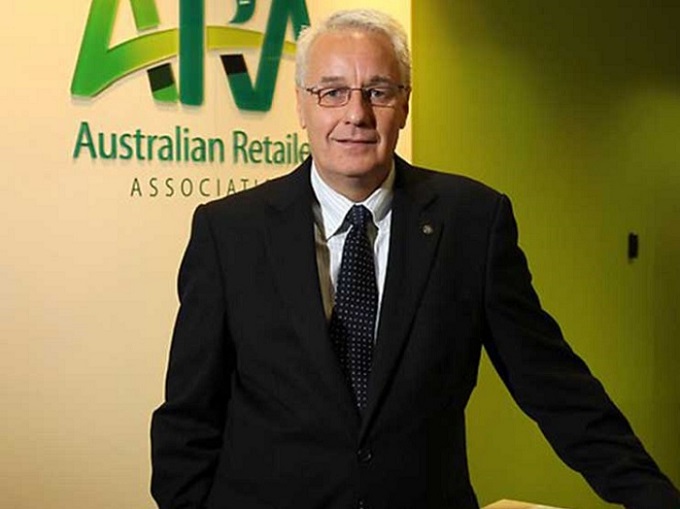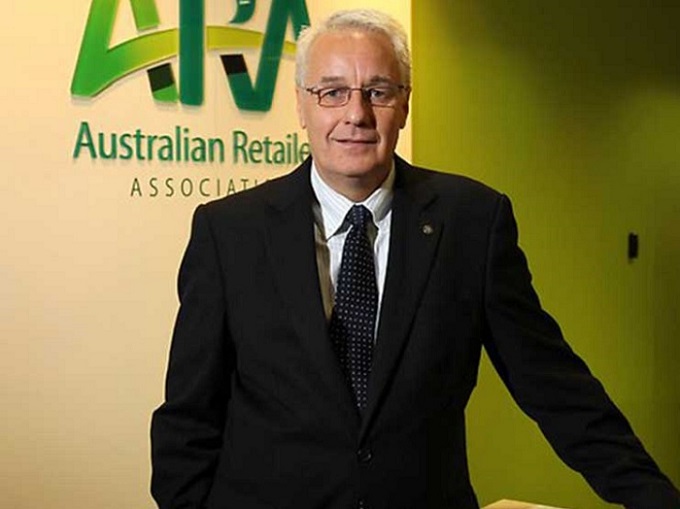Appliance retailers are facing a dilemma as the country’s treasurers meet today to discuss lowering the Goods and Services Tax low-value threshold (LVT). On the one hand, such a move could lead to consumers paying a new ‘parcel pick-up tax’ when buying from small online retailers and impact sales. While, on the other, it will level the playing field for Australian-based retailers to ensure future viability and global relevance.
Consumer advocacy group CHOICE claims that, if treasurers decide to lower or abolish the LVT, Australian consumers could face new fees for ordering from small overseas businesses that aren’t registered to process the GST.
According to CHOICE director of campaigns and communications, Matt Levey, “No other country has been able to compel international companies to pay a sales tax without implementing a parcel pick up tax that punishes consumers. Whatever decision the treasurers make today, they need to demonstrate how this will work and that it won’t hurt consumers.”
“If any change mirrors overseas measures, consumers would have to go to their local parcel pick-up, pay the GST and also pay a ‘parcel pick-up’ tax before they can get what they ordered.”
“Under the same approach as the UK system, a $20 book purchased online from an unregistered business could end up costing an extra $2 in GST, plus $16.97 for the parcel pick-up tax.
Levey maintains that it would also throw online retail into “chaos”, as uncollected parcels ordered from unregistered businesses are left to clog up post offices across the country.
“Paying almost $17 in fees to collect $2 in tax would be crazy economic policy. It’s got nothing to do with raising revenue or removing a 10% price difference – it’s about punishing consumers to protect local retailers from global competition,” Levey said.
Meanwhile, Russell Zimmerman, executive director of the Australian Retailers Association (ARA), says State treasurers must support the move by State premiers to lower the threshold.
“Extension of GST to international online purchases is crucial to the survival and growth of Australian retailers and the retail industry as a whole,” Zimmerman said.
“This is about removing the anomaly and levelling the playing field for Australian-based retailers to ensure our local industry can thrive and compete effectively in what is now a global economy,” he said.
CHOICE disagrees and Levey claims suggestions that lowering the GST threshold will even the playing field and keep Australia in step with the rest of the world are “plainly wrong”.
“The United States is currently considering legal measures to raise their threshold from US$200 to US$800. This equates to an A$1090 low value threshold, bringing it into line with Australia.
The ARA is encouraging Government to drop the GST threshold on international purchases to zero. The introduction of this would provide a dual advantage, in that the funds raised will contribute to much needed services within Australia, as well as eliminating any advantages currently enjoyed by international businesses over Australian retailers, according to Zimmerman.
“The ‘Netflix tax’, which has introduced GST on the purchase of international digital products has already been approved, and we now need a similar requirement for hard goods.
“The ARA considers the simplest method of collecting this sales tax is at the point of sale. Most international retailers already have mechanisms in place to be able to accept GST at the point of purchase, and we don’t envision that this would involve extra effort on their part, and will not incur any additional costs by the Government.
“While the ARA welcomes this long overdue extension of the GST, it is critical that the process does not stall. The agreeance of State Premiers must also be backed up by State Treasurers tomorrow,” said Mr Zimmerman.


